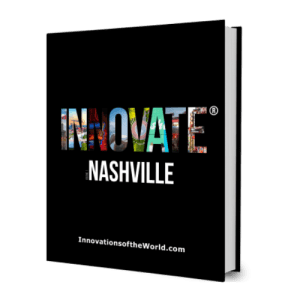The next industrial revolution is here, but it’s not about steam, mechanization, or electronics. It’s about software, data, and interconnected, electrified systems. It’s going to force us to rethink everything we know about manufacturing and about humans’ role in it.
Schneider Electric has operated in the United States for 135 years and we’ve played a key role in the development of US infrastructure over that time. In 1893 we were at the World’s Fair in Chicago where the big breakthrough technology on display was electricity, and people were having the same conversations about it that we are having today about software and digital systems. What will this new technology do? Is it safe? What will it change?
While the rise of digitalization and AI can be daunting, it’s important to remember that we’ve been here before. Think of any dramatic change in technology and you can see three phases. At first, new technology is crazy; then it’s dangerous; and eventually it becomes obvious.
When the internet was new, good advice for kids was “don’t meet people on the internet” and “don’t get in cars with strangers.” Today there are entire business models built on meeting people on the internet and getting in cars with strangers. At first these were considered crazy as business models, possibly dangerous for customers, and then after a while they were “obviously” good ideas.
Technology itself is not our challenge; it’s how we apply it. Data, connectivity, and electrification make the invisible visible. When we equip assets like motors with vibration sensors and connect them to asset management software, we get faster diagnostics. We become more agile. The changes AI and digitalization bring will change the way we work and manufacture, allowing people to leverage their creativity, add more value, and focus on the bigger picture.
At Schneider Electric, we’re driving the future of manufacturing at our three Middle Tennessee facilities, where our engineers and professionals are developing and manufacturing the next “crazy” technologies in energy management and automation. We’re delivering power and building control systems for the new Nissan Stadium and Nashville SC’s Geodis Park, energy management for AI-ready data centers, and residential products like power panels and energy monitoring that keep electric costs low for homeowners.
Ultimately, meeting our energy challenge is about innovation. It might seem crazy at first, but eventually we believe the benefits of greater efficiency, resiliency, and sustainability for our customers, partners, and the world will be obvious.














